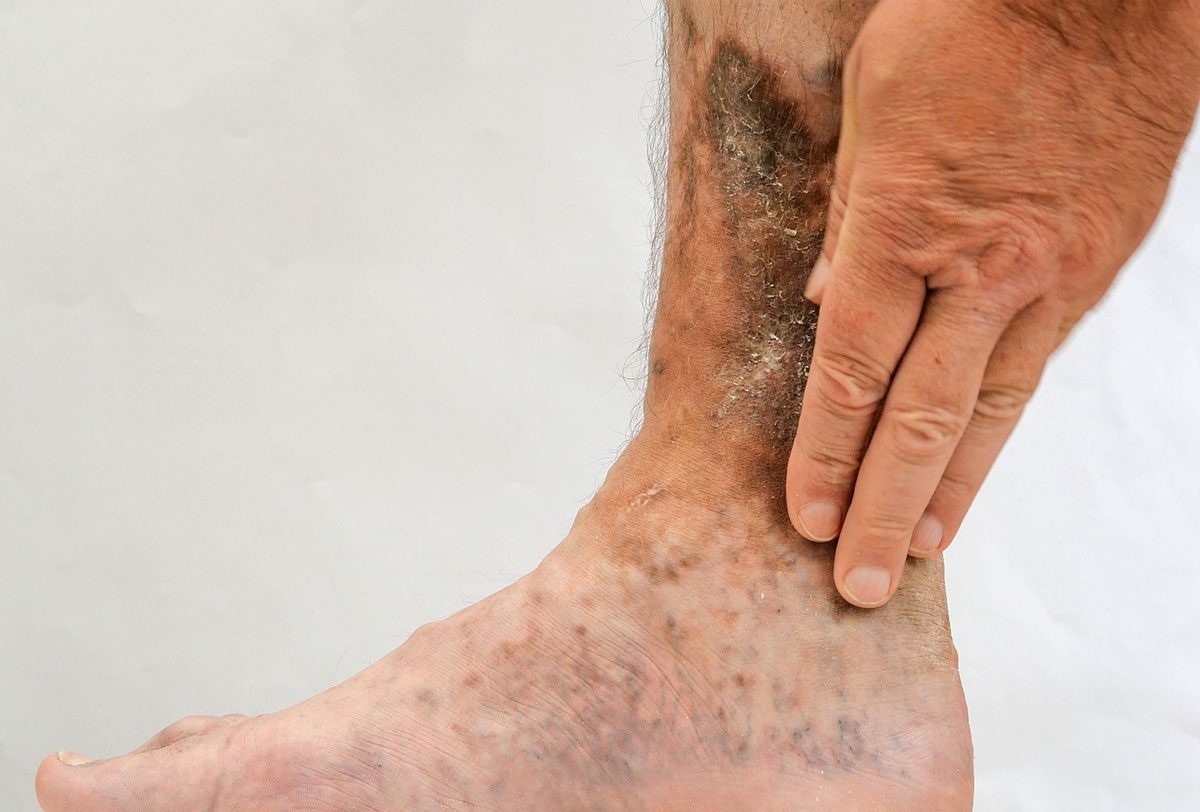Ulcers can occur anywhere in your body but are common in the legs. Although your body initiates healing when a cut on your skin happens, and the wound can go away over time, ulcers might not heal without proper treatment. The Villages venous ulcers specialists can help you manage the condition and advise you on how you can prevent the disease or reduce your chances of an infection. Let us dig deep to understand more about the state, including what causes it, how you can care for the ulcers, and how to prevent the condition.
Venous Ulcers Causes
The leading cause of venous ulcers is the damage to the valves of your leg veins. Since the valves control the blood pressure in the veins and lower it when you walk, you might develop ulcers when the valves are damaged, and the blood pressure is high. But venous ulcers can also result from other issues within your leg veins. This includes
Chronic Venous Insufficiency. This is where your leg veins cannot take the blood back up to your heart. This can be caused by several reasons, such as being overweight, which makes the blood pool in your lower legs swell. The swelling may become extreme over time since blood cannot flow well in the legs and might cause venous ulcers on your skin when it puts too much pressure on the skin.
Varicose Veins. This is also a condition of poor circulation in your legs where the blood fails to get back to the heart but pools in your leg veins. This causes your veins to bulge out and can cause venous ulcers when the pressure is too much.
Venous Ulcers Care Tips
Venous ulcers are painful wounds that can be chronic and require proper care. Since they increase your chances of an infection, it is vital to seek expert care and advice before self-treatment trials. Have your ulcer checked right away by your doctor to understand the proper treatment for you. The therapy might focus on the underlying vein or circulatory problem or may involve removing some tissues from around the wound. Additionally, here is what you can do:
- Regularly clean the wound
- Dress the ulcer as directed by your doctor
- Do not use products with skin sensitivity effect
- Treat or prevent infection by taking oral antibiotics
- Apply a topical medicine to treat or prevent an infection
- Wear a compression stocking
Note that compression stocking can help your ulcers heal more quickly due to improved circulation in your legs. In some cases, you might need a skin graft or surgery to close the wounds.
Venous Ulcers Prevention
The best way to prevent venous ulcers is to avoid vein problems. You can adopt healthy habits that will promote blood flow in your legs. Some of the lifestyle changes you can take include avoiding smoking, maintaining an ideal weight, losing weight if you are obese, and getting regular exercises, mainly focusing on your legs if you are at higher risk of vein issues. Also, move often if your job involves sitting too much and elevate or raise your legs during breaks when you have spent more time standing. Remember to wear a compression stocking to avoid blood pooling, avoid significant swelling, and minimize your overall chances of developing venous ulcers.
You can request an appointment at Vascular Vein Centers if you are enduring Venous Ulcers or if your risk for the condition is high. You can also book an appointment online for assistance.





